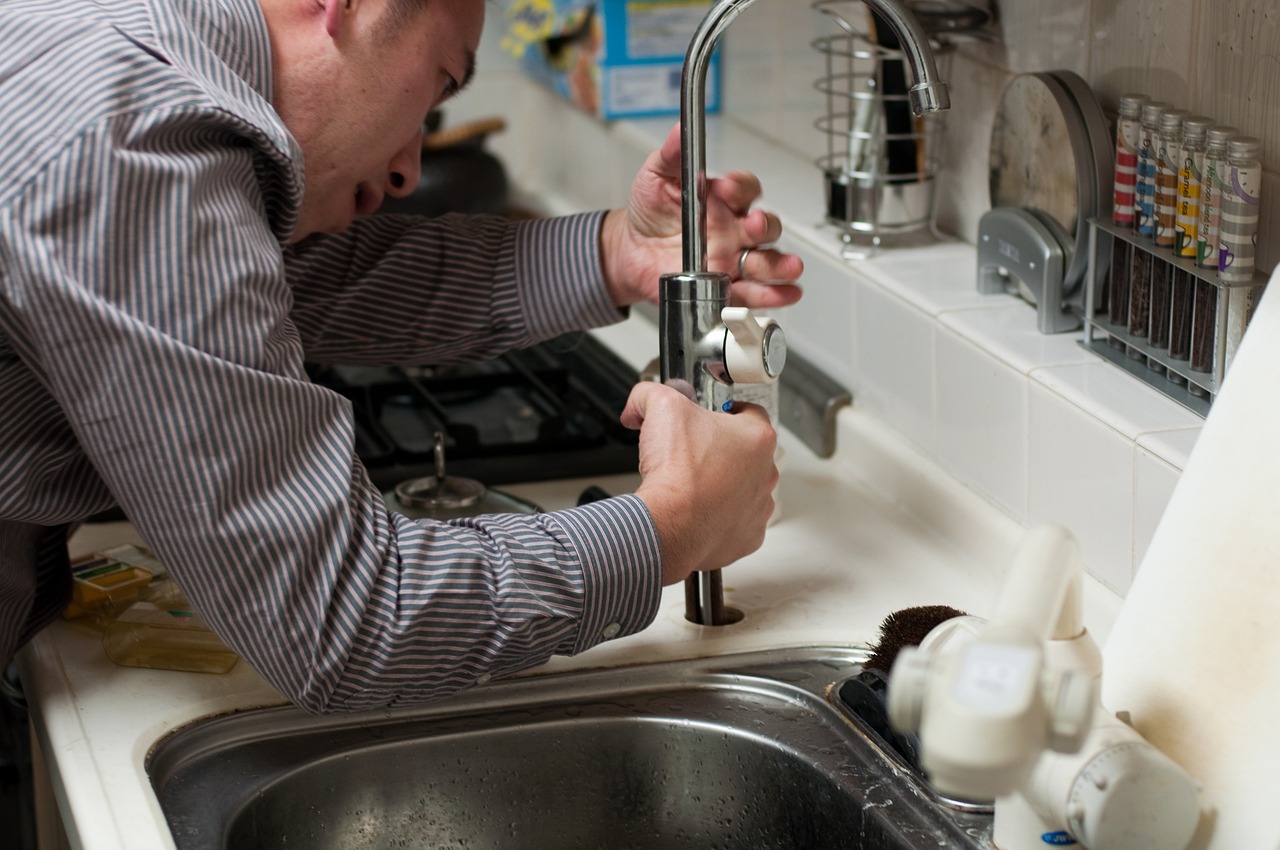The common signs you have a leak somewhere
Water leaks in your home can be caused by a number of things including cracks or corrosion in pipework or joints, leaking boilers or radiators, leaking baths, taps or showers and blockages causing water to back up and put pressure on pipes. Water gushing from a pipe or random puddles are obvious signs but you could potentially have undetected leaks that can go unnoticed for a while, causing a great deal of damage. Leaks are something that are definitely better detected sooner rather than later so it’s useful to know the signs so you can act quickly.
The following can all be indicators that you have a leak somewhere:
- Damp/discoloured patches on ceilings, walls or floors
- Consistently occurring wet patches on drives or in the garden, particularly if the weather is dry
- Low water pressure
- Noises coming from your plumbing system
- Visible mould or mildew
- Presence of a musty smell
- Higher water bills (if on a meter)
How to check for leaks
If you have a water meter
If you have a water meter it is easier to check whether you have a leak. Increased water usage can be a clear sign of a leak in itself but you can also do a simple check using your meter. Make sure you’re not using any water (eg by using the dishwasher or washing machine) and read the dials on the meter. Wait 30 minutes then check again. If the dials have moved then this indicates that you could well have a leak somewhere. The next thing is to check whether the leak is inside or outdoors (this could be an important distinction as it may determine whether it’s your responsibility or your water provider’s). Again, make sure all water use appliances are switched off and turn the water off at the stop tap (if your stop tap is hard to access or difficult to turn you may want to consider replacing it for a Sure Stop but that’s a different issue) and then repeat the check. If the dials change this time then the leak could be between the meter and the stop tap which would be something your water provider would responsible for. If they didn’t move this time this would indicate that the leak is in the house and you would need to call a plumber in.
If you don’t have a water meter
Checking for leaks isn’t so straightforward if you don’t have a meter. You could start in obvious places such as further investigations in the areas where you have noticed damp patches or musty smells. Check around high risk areas such as under sinks, around toilets and behind water use appliances but there are lots of hard-to-reach areas where there could potentially be an issue so it’s always best to call in a plumber who should be able to locate it, and deal with it, much more easily than you can.
Whatever you do, don’t be tempted to ignore the problem. Leaks never just resolve themselves on their own and they can potentially cause a lot of damage and become a much bigger problem if left unresolved.
Plumbcare.com

